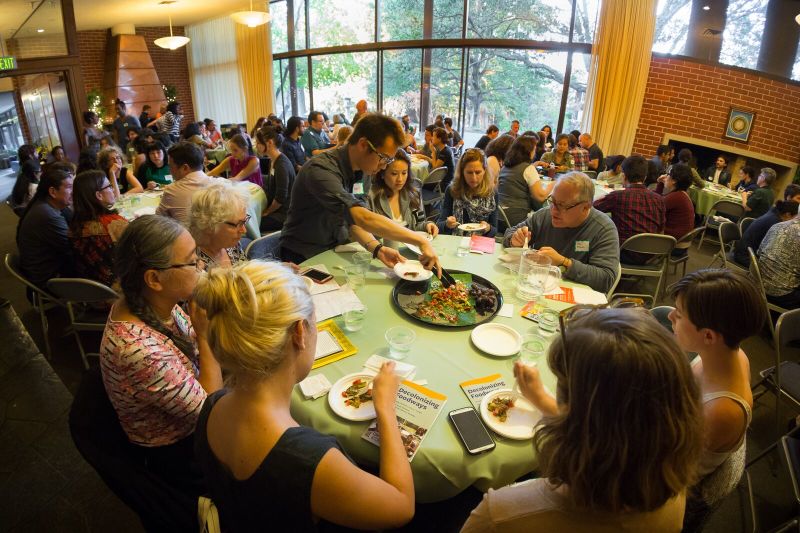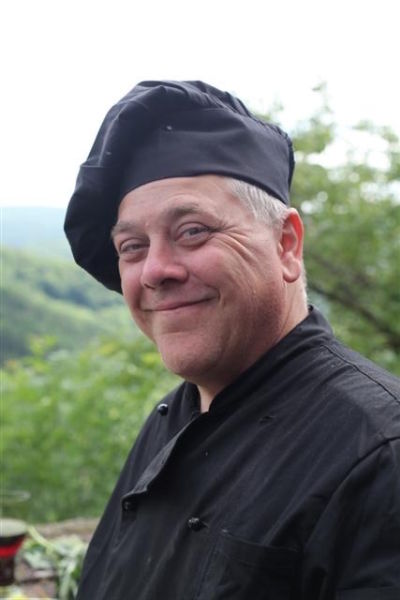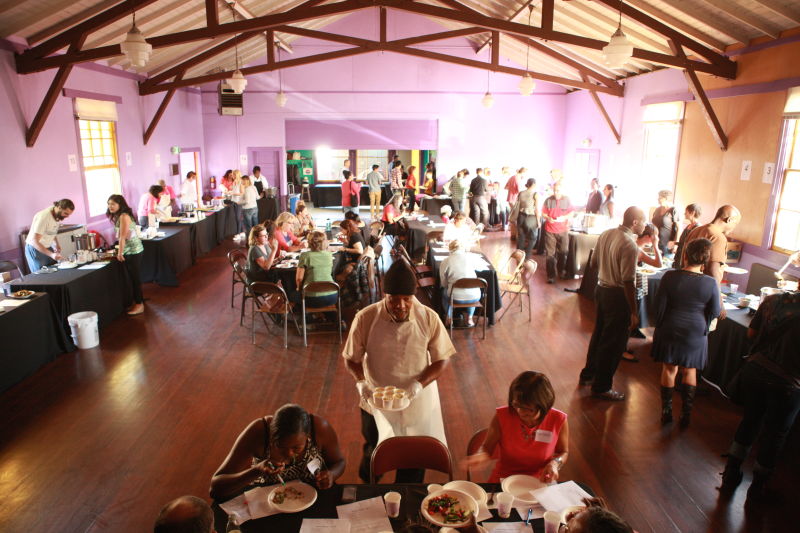
Delia Sarich grew up in a restaurant-owning family in New York. The 30-year-old decided she wanted to get a master’s degree in food studies. Rather than choosing a well-established program closer to home, like from New York University, she is part of the pioneering class of 14 students at University of the Pacific’s brand new food studies program in San Francisco.
“It made sense to me to study food studies in California, especially in San Francisco -- that was a big draw,” she said. “With the amount of food around here, and number of restaurants in the city, it’s a great place to be.”
While Sarich just started this fall, the program is already exceeding her expectations.
“One of the classes we’re taking is food politics with Michele Simon (author of "Appetite for Profit, How the Food Industry Undermines Our Health and How to Fight Back"), who’s done a lot of food activism,” said Sarich. “It’s been really inspiring to learn about the problems within the food industry and the food system.”
While Sarich doesn’t know what career she'll pursue once she completes the program, “Whatever I end up doing, I’ll make an ethical choice,” she said. “This program is making me think about shaping my career goals in terms of thinking ethically.”

Directing the program is Ken Albala, a food scholar who has written or edited 23 books, and has taught in the field throughout the country. For Albala, who's worked at the school's main campus in Stockton for the past 21 years, the master’s degree level program been a long time coming.
